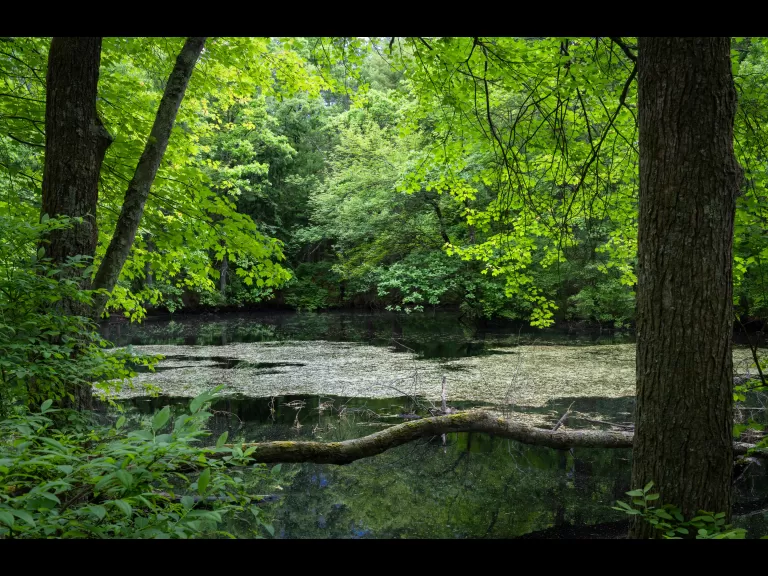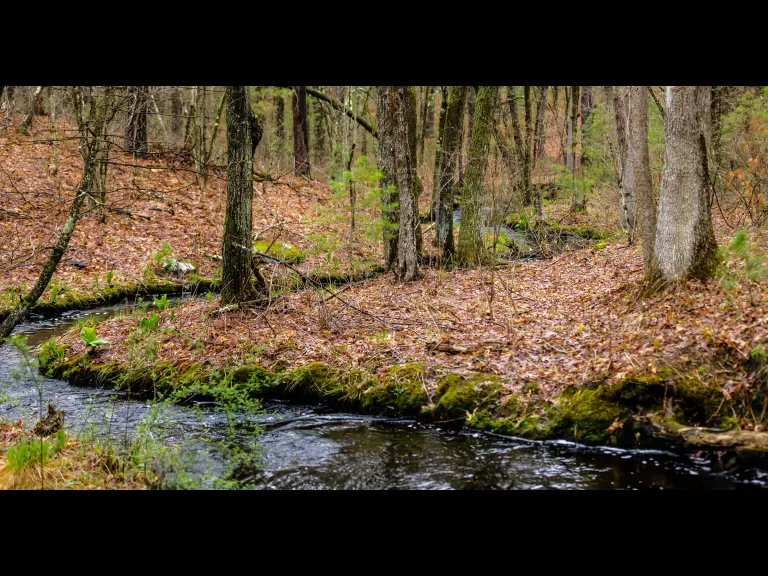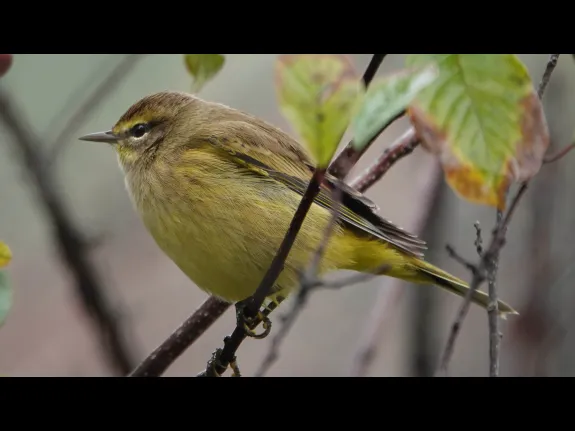Straddling the border of Sudbury and Marlborough are hundreds of acres of public and private open space dedicated primarily to conservation. These lands include the General Federation of Women's Clubs of Massachusetts Memorial Forest (owned by SVT), other lands owned by GFWCM, two tracts of Marlborough State Forest, and conservation lands owned by Town of Sudbury and City of Marlborough.
Known as the Desert due to the prevalence of well-drained sandy soils, this conservation area provides an unusual diversity of habitats: oak-pine forest, pitch pine-scrub oak, red maple swamp, and wet meadows intersected by two streams.
SVT and the City of Marlborough, with support from the Massachusetts Natural Heritage and Endangered Species Program, are restoring the pitch pine-scrub oak barrens that were historically more widespread at this site. (Learn more: Desert Natural Area Pitch Pine-Scrub Oak Barrens Habitat Restoration Project.)
This restoration will benefit declining populations of whip-poor-wills and wild lupine and will provide habitat for rare butterflies and moths, including the forested elfin, slender clearwing, and barrens buckmoth.
- Henry Ford purchased the land in the 1930s and sold it to the General Federation of Women’s Clubs of Massachusetts in 1950. The club wanted to establish a memorial forest and wildlife sanctuary as a tribute to those who served their country in World War II. The GFWCM gave the land to SVT after SVT managed the land and eliminated illicit activities over a period of two years.
- This conservation area protects habitat for several endangered species, including the box and wood turtle. It also contains several vernal pools, some of which support the endangered blue-spotted salamander.
- Beavers are active in this area, damming up the brooks at different points. Beaver meadows, created by flooding from their dams, attract a diversity of plant, insect, and bird species.
- Many bird species are commonly sighted here, including great blue heron, red shouldered hawk, ovenbird, common yellow throat, song sparrow, pine warbler, and wood thrush.










